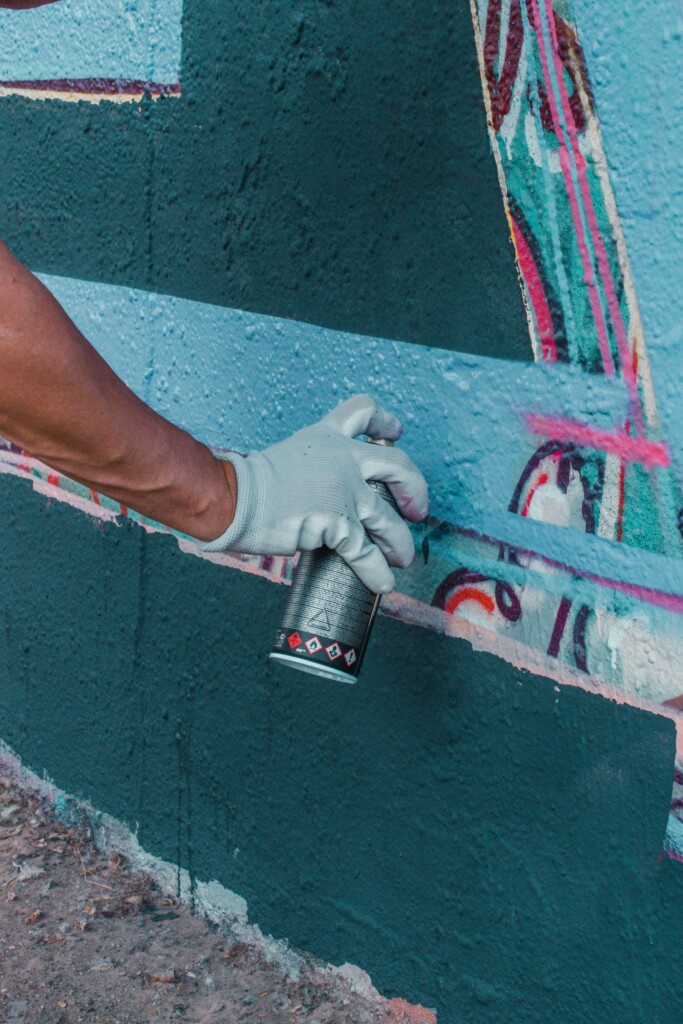Copyright: making a street-art work appear in a political video without authorization does not infringe on the artist’s rights
The Judicial Court of Paris has recently returned to the so-called exception of freedom of panorama in a litigation opposing a political party to an artist.
In the context of the municipal elections of March/June 2012, a French political party showed in several videos of its campaign an “urban fresco”, the work of a “street artist”, fixed on a wall in public view, in the 3rd district of Paris.
After an unsuccessful formal notice to remove these videos from the Internet, the artist sued the political party and its president in front of the Judicial Court of Paris for infringement of his economic and moral rights, the artist’s name having been erased from the fresco and the work reproduced at certain passages with an “overprint” of birds.
On January 21, the Judicial Court ruled in favor of the political party. It first recalled that the president of this party was responsible of the publications, even though he did not “himself administer his accounts on social networks”, the person to whom this task was “entrusted on his behalf, has, by publishing the litigious video, acted autonomously and outside of his mission. ».
By adding to the debates the visuals relating to the creative process and demonstrating that the work had initially been disclosed under his pseudonym, the court recognized the artist’s authorship of the work. It also noted the originality of the work, stating : “the aesthetic choices, purely arbitrary, which he made and which are expressed in the choice of a composition mixing the realism of a creative process beginning with a photograph then reproduced to scale in the street, and the universe of the comic strip, by the use of black lines then filled with bright colors, to which are added graffiti (message, signature), the whole representing a modern and open version of the Republic under the features of a young Asian woman very “current” “.
However, even if the artist’s work qualifies for copyright protection, the Court did not uphold the alleged infringements of the street artist’s economic and moral rights.
On the infringement of the artist’s moral rights, in particular the infringement of his right of paternity on the work, as well as an infringement of his integrity, resulting from the withdrawal of his name and message, the Court noted that “works of “street art” made without authorization on the public highway are likely to suffer infringements of their integrity, as well as of the right of paternity of their author, without their author appearing justified in complaining about it”. The argument according to which the political party and its president would be associated with numerous polemics and provocations contrary to the message that the artist wished to convey through his work was also not retained by the court.
On the infringement of the economic rights of the artist, in particular by the reproduction without authorization of the work in question in videos of electoral campaigns relayed on social networks, audiovisual platforms and in the press, the Court applied article L.122-5 of the Code of Intellectual Property.
Recalling the “exceptions to the illegality of the unauthorized reproduction of a work of the mind”, the Court returned to the exception known as “freedom of panorama”, provided for in Article 5 of European Directive 2001/29/EC on the harmonization of some aspects of copyright and related rights in the information society.
According to the Judicial Court of Paris, “the “freedom of panorama” thus allows any person to photograph, film, draw, etc… works of architecture and sculpture, as well as any graffiti they may be covered with, as long as they are permanently located on the public highway, provided, as French law provides, that the reproduction is made by a natural person, for non-commercial purposes. ».
Consequently, it has considered that the reproduction of the work was done “for the purpose of illustrating his political message in favor of a new Republic”, thus ruling out an infringement of the artist’s economic rights.
By the IP/IT team of the UGGC Avocats law firm
Source: TGI PARIS, 3rd ch. 1st section, January 21, 2021, n°20/08482
